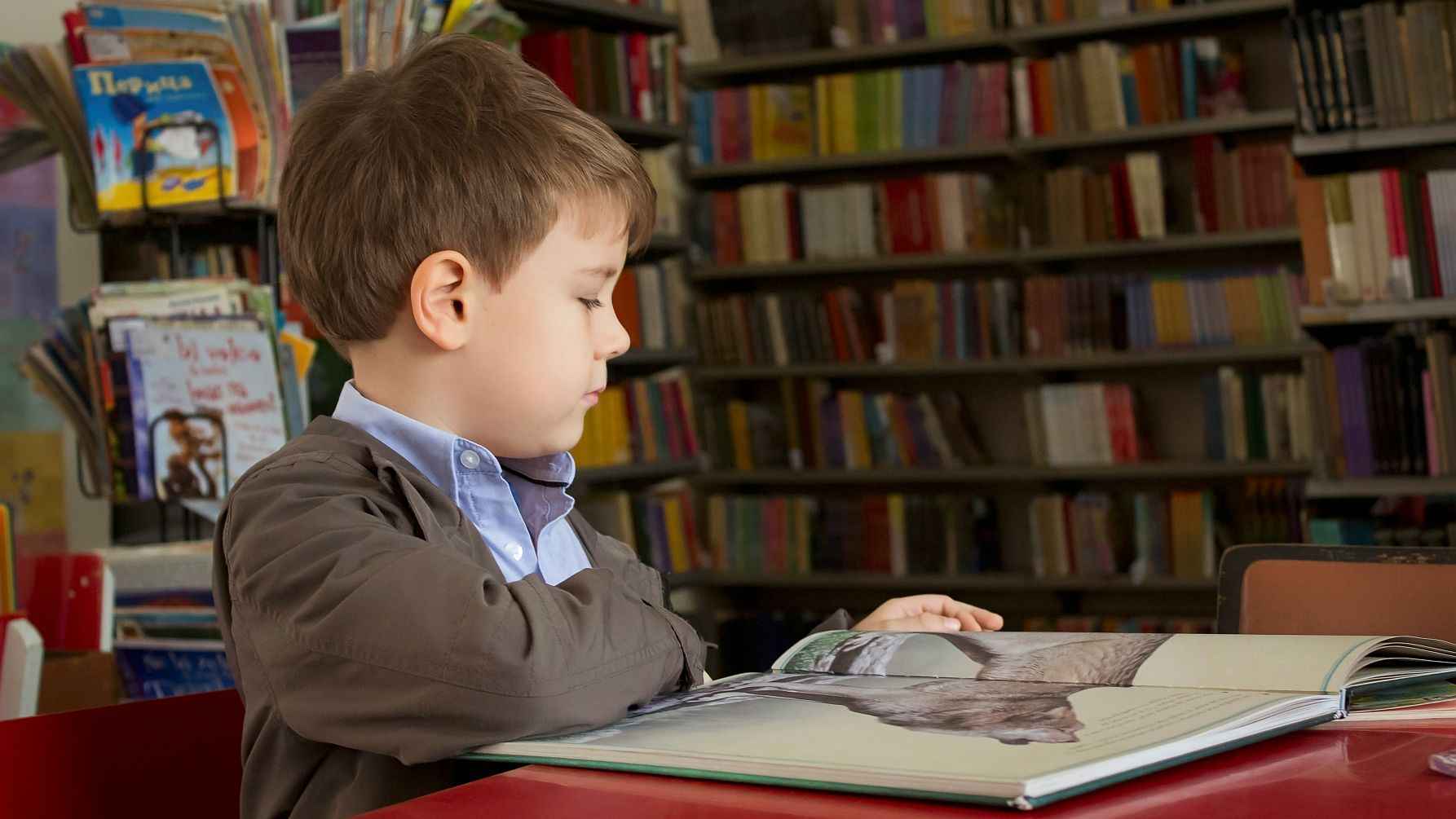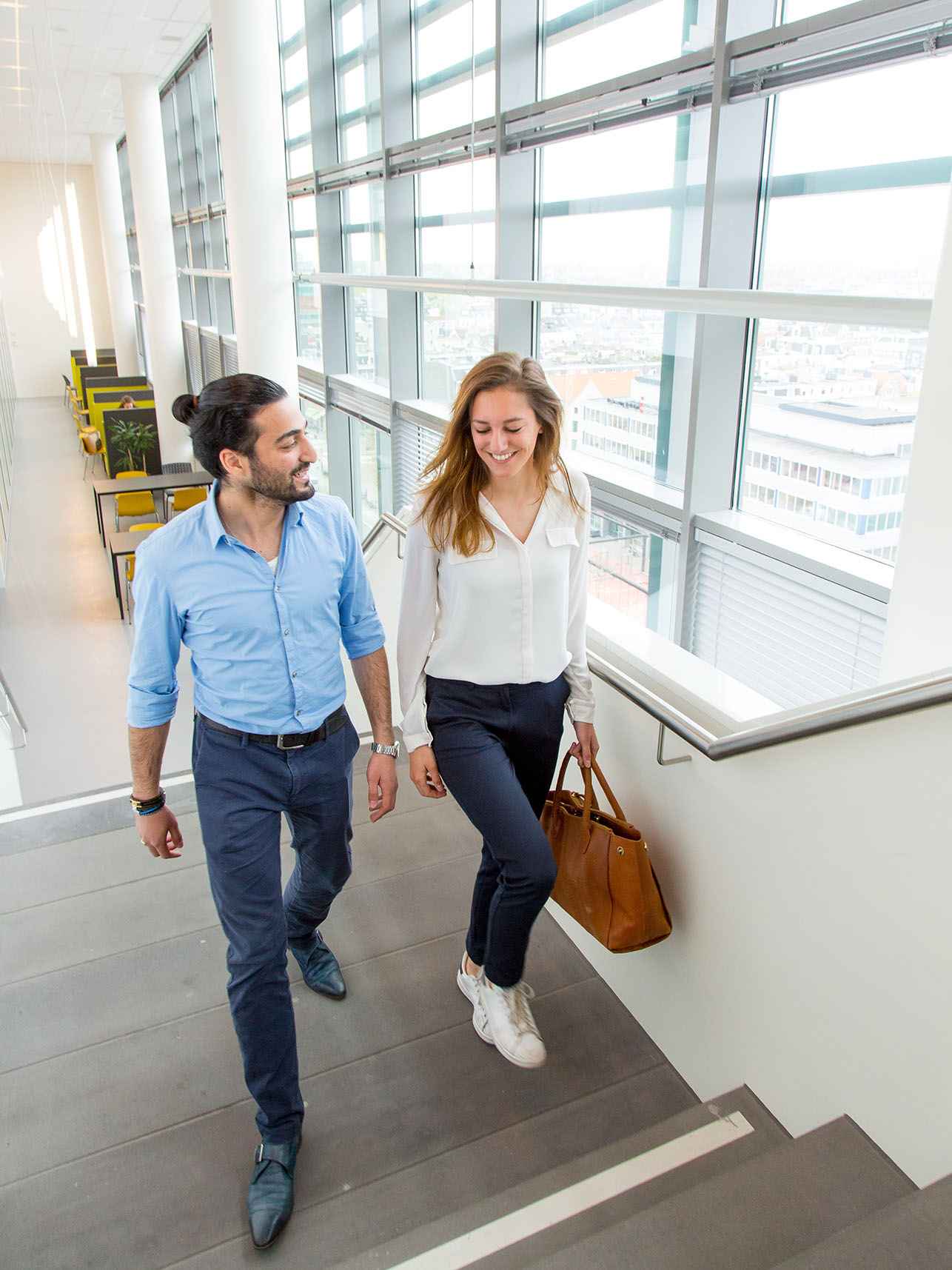Impactvol ondernemerschapsonderwijs

Ondernemerschapsonderwijs voor kinderen met maatschappelijke impact: welke programma's hebben effect? Het project IDEEC onderzoekt wat werkt.
Het lectoraat Entrepreneurship ziet ondernemerschap als een middel voor zelfontplooiing, economische groei en het aanpakken van maatschappelijke uitdagingen. Nieuwe, circulaire businessmodellen worden belangrijker. Door onderzoek en samenwerking met onderwijs en werkveld ontstaat een realistisch beeld van ondernemerschap, met aandacht voor positieve en negatieve aspecten. Het lectoraat draagt zo bij aan duurzame en inclusieve innovaties.


Ondernemerschapsonderwijs voor kinderen met maatschappelijke impact: welke programma's hebben effect? Het project IDEEC onderzoekt wat werkt.

Binnen het project Fenix wordt naar verschillende facetten van ondernemerschap gekeken. Er is gekozen om nadrukkelijk falen en herstart te agenderen omdat dit een onderbelichte kant van ondernemerschap is.

Project DigiFABS helpt kleine en middelgrote bedrijven in de Food and Beverage-sector met het vergroten van hun digitale, flexibele en innovatieve vaardigheden.